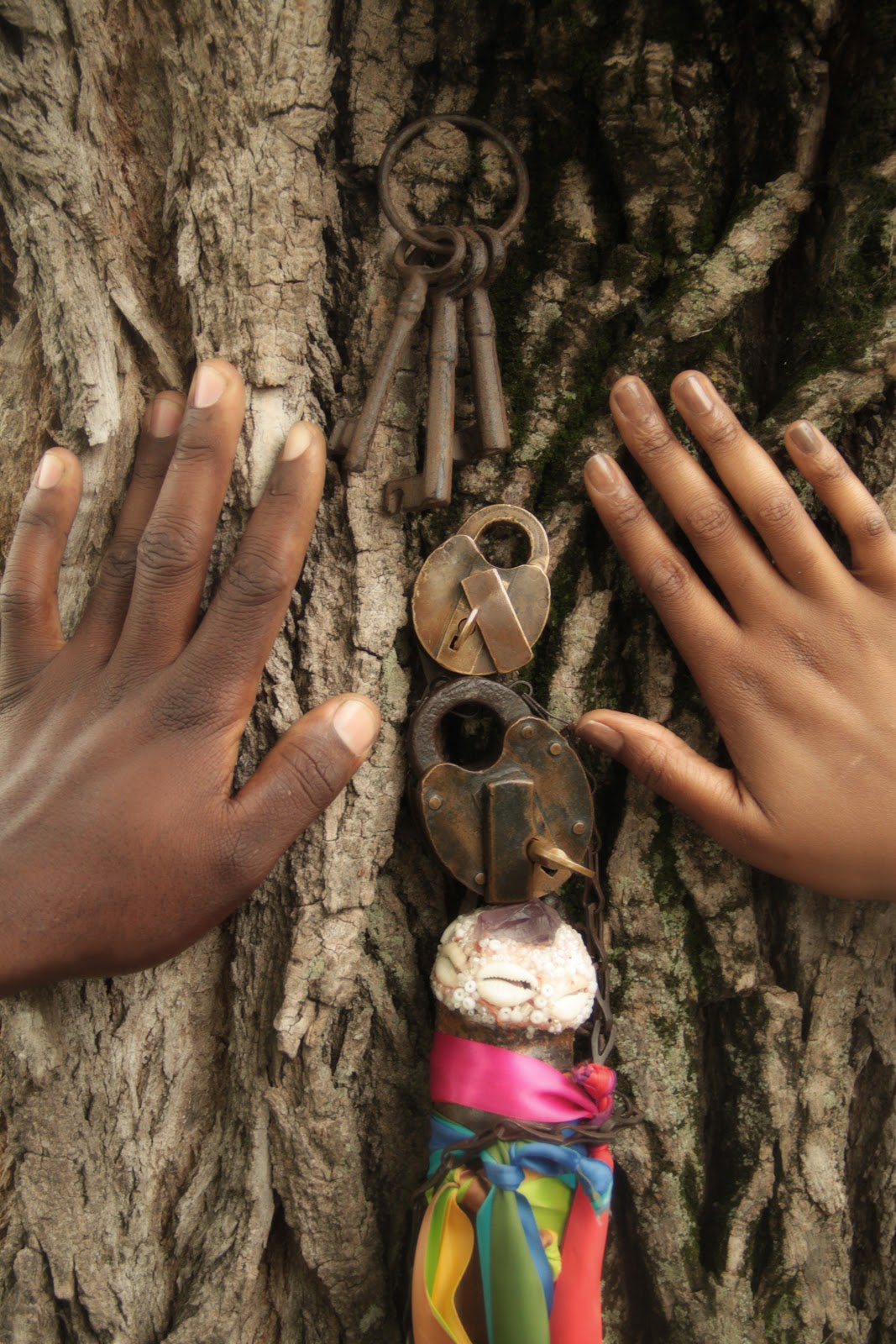Before going to see “Appropriate”, I purposefully did not do any research or provide myself with any background knowledge. I wanted to come in with a clean heart, mind, and thoughts, and I am glad I did.
The play contained several epic scenes, brilliant actresses/actors, and vivid lines. I learned so much about this specific family, time period, and generation. Several lines and scenes stood out to me, and moments that I would never forget.
Rachael, “the Jew wife”, played such an important role in this play and was probably my favorite character. The manner in which she dealt with this topic, which she probably would rather not have to talk about or be any part of, was admirable and meaningful. I enjoyed that the play writer starts her off as a friend or acquaintance of Toni, her sister-in-law, and throughout the play, they switch from cordial to cruel.
The topic itself was quite disturbing, but important to experience and watch. A family, putting together the pieces of their slaveowner father who has recently passed away, and digging through the remnants of his old house. The gruesome pictures and memorabilia that they encounter, is not fitting to show a child and unpleasant to discuss as an adult.
The most radical character is definitely Toni, who is in denial to the fact that her father was not the picture-perfect father she knew him to be. He was apart of a much larger crowd that in his time period of time were going around lynching African-Americans as they saw it fit. The proof was all there in front of her and her family, but she just refused to admit it. She chose to ignore the KKK mask, the horrifying pictures, the slave burial ground, and the jars of human bones.
I absolutely enjoyed that after the entire family’s unwillingness to accept their father’s mistakes and wrongdoings, Frank simply discards of the pictures and leave them all in the lake—to be destroyed, and completely out of everyone’s reach.
My biggest major question or concern in this play was the family’s quest for compensation or payment for the pictures that they had found. None of them truly cared who they were selling it to, how the people and/or their descendants would feel, and why those pictures were there in the first place. I just don’t get why they thought that selling these pictures were one of these options. So, they didn’t want to admit that their father not only owned slaves, but also killed them, however, they would gladly sell the pictures of these dead slaves for other people to watch.
